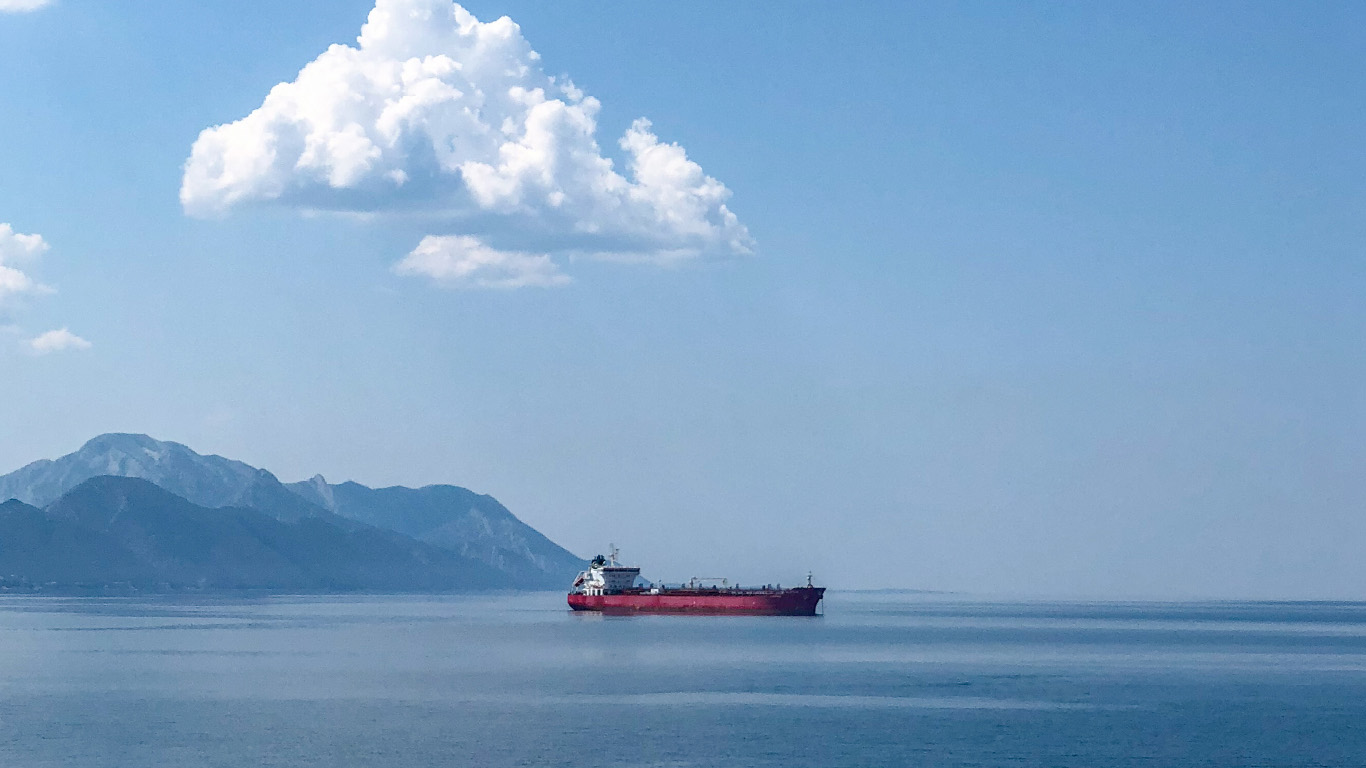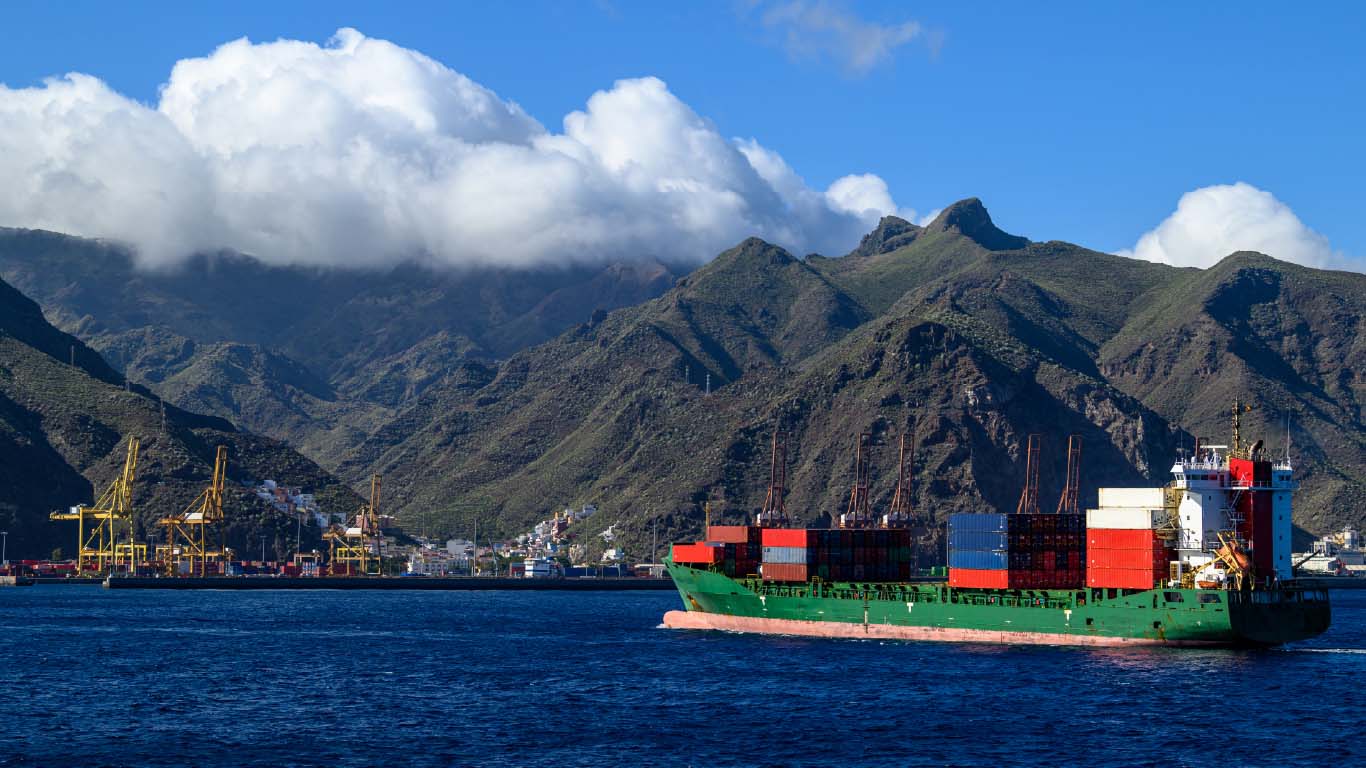The European Maritime Transport Environmental Report (EMTER)

The European Maritime Transport Environmental Report (EMTER) is the first comprehensive overview of the environmental footprint of the maritime transport sector in the EU.
EMTER, produced by EMSA and the European Environment Agency (EEA), gives a factual analysis of the environmental pressures exerted by maritime transport, assessing progress made in recent years, and highlighting the interconnectedness of maritime activities with broader ecological, economic, and social systems.
Using fully updated facts, data, and information in areas like greenhouse gas emissions, air emissions, underwater noise, biodiversity, pollution, and marine litter, EMTER also analyses current and future actions to reduce the maritime sector's impact on our environment, including in the context of new legislation on maritime decarbonisation supporting the European Green Deal.
Download EMTER 2025:



